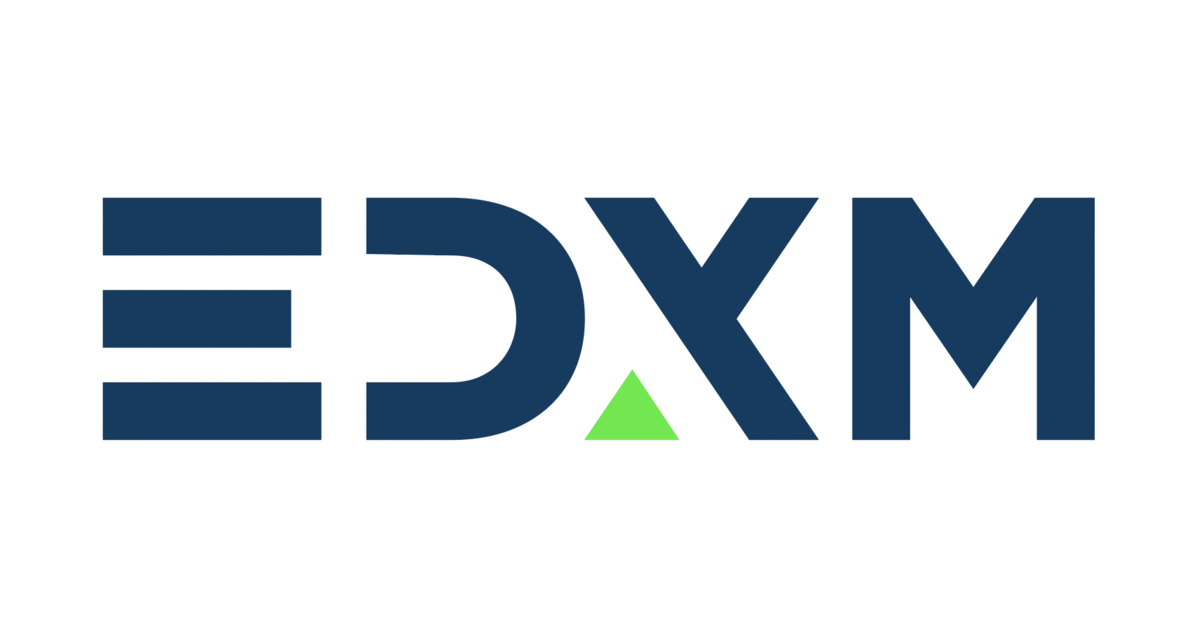Can EOS 'centralization problem be solved by sharding?
The issue of centralization of the EOS network has once again sparked discussion. EOS Block Producer (BP) EOS New York revealed yesterday that at least six other BPs are actually owned by one entity. EOS New York requires that these BPs be disqualified.

The EOS network is run by 21 BPs, and the candidates for BP are determined by voting (the competition for the top 21 is fierce). If someone can control most BPs, they will be able to do some malicious behavior, such as reviewing transactions. However, this model has some problems, that is, it is difficult to judge whether there is collusion between BPs-this seems to have happened in the past. It seems that these problems are still haunting the network.
EOS New York tweeted six BP messages-all publicly visible, showing that they were registered by the same person or organization at the same time. The 6 BPs in question are: "stargalaxybp, validatoreos, eoszeusiobp1, eosunioniobp, eosathenabp1, and eosrainbowbp."
- Why do more people prefer deflationary cryptocurrencies?
- QKL123 market analysis | Look at the degree of price deviation through these two indicators (1129)
- China Blockchain Enterprise Development Census Report: About 1,000 businesses that have actually conducted business
EOS New York stated:
"This is intolerable. So we recommend removing these BPs."
EOS New York also requires the first 50 BPs in the EOS network to sign in an attempt to determine if more of them belong to the same group. However, this will not affect organizations that have registered multiple BPs under different companies-or any collusion organization.
Twitter users have many different views on the news. Some people call this kind of thing a "hamster" game, which requires a lot of effort to study, but can only provide a temporary solution. This is because it is much easier for BP to secretly collude with each other than for a white hat hacker to reveal such behavior.
There have been reports in the past that BP colluded with each other on the EOS network. At the time, EOS development company Block.one said that it "knows about some unsubstantiated claims involving irregular BP voting and subsequent denials of those claims."
Recently, EOS New York was voted out of the list of the top 21 BPs-although it has been helping to operate the network for the past year and has gained widespread support. Observers said a group of Chinese BPs (which accounted for a significant proportion of the 21 BPs) colluded to exclude them.
Loyal supporters of EOS claim that its constitution-a system of rules for everyone who uses the EOS network-will prevent such behavior. However, in April this year, BP broke the constitution. They replaced the constitution with a new user agreement. However, this new user agreement also seems to be invalid.
For the issue of the EOS network, Ethereum co-founder Vitalik Buterin said that it can be solved by sharding technology.
Sharding is a layer 1 expansion solution featuring Ethereum 2.0. Sharding is a form of database partitioning, also known as horizontal partitioning, that is, cutting a large database into many small, manageable parts, which improves performance and reduces response time.

Vitalik stated:
"Seriously, I think EOS should use shards and assign random shards to each BP, so that they each need to verify different data, and sharing the infrastructure has little benefit. It can also improve their TPS.
What do you think of Vitalik's "slicing on head"?
We will continue to update Blocking; if you have any questions or suggestions, please contact us!
Was this article helpful?
93 out of 132 found this helpful
Related articles
- The most notorious Bitcoin money laundering case in history, new recordings reveal Russian agents seized $ 450 million in BTC-e cryptocurrency
- Popular science | An article to explain the technical details of the central bank DC / EP
- How to achieve a true decentralized oracle?
- Chain + Justice | Can Blockchain Win a Lawsuit After the Blockchain Is Deposited?
- Visiting Professor of National University of Singapore Bai Shihuan: All rights and real assets in the real world can be tokenized
- Popular science | What is DeFi and how does it work?
- Custody and trading are not enough, investment giant Fidelity independently develops digital currency to motivate employees





